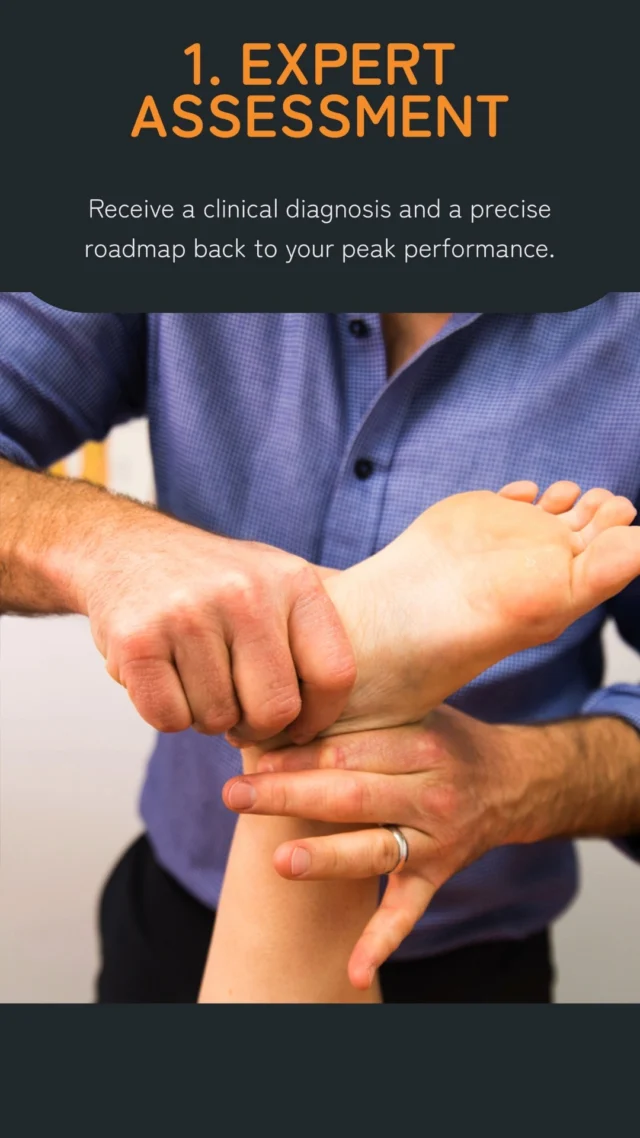Our bodies are a composition of complex systems that when functioning, make for an impressive, well-oiled machine. But even if a small part of this system is not functioning optimally, changes to the machine can be observed.
In Parkinson’s Disease, the part of the system that is deficient are the dopamine neurotransmitters.
Parkinson’s disease (PD) is a progressive neurological condition that affects people’s control over their bodies. When there is a reduction in dopamine levels, movement becomes impaired. Characteristics of Parkinson’s disease include tremors, bradykinesia (slow movements), rigidity and freezing (abrupt episodes of an inability to move your feet). Additional complications can involve difficulties with cognition, emotional changes, eating and swallowing, sleep disturbances, pain and fatigue.
Whilst it is not fully understood how people come to develop PD, there are a few risk factors which include:
- Age: Parkinson’s disease more commonly develops around age 60 and above
- Heredity: Having a close relative with a PD diagnosis increases your risk
- Sex: Men are more likely to develop PD
- Exposure to toxins: Although it is a relatively small risk, exposure to certain toxins can increase the risk of PD
Studies have shown that people diagnosed with Parkinson’s Disease tend to be up to 30% less physically active than their aged matched counterparts. This isn’t ideal as physical activity has been shown to have positive effects on physical and cognitive function for people with PD.
If you’ve been diagnosed with Parkinson’s Disease and are needing some guidance and motivation to stay physically active, get in touch with us! Ask our Physio’s about our private or group clinical Pilates to help you stay active!
Reference:





